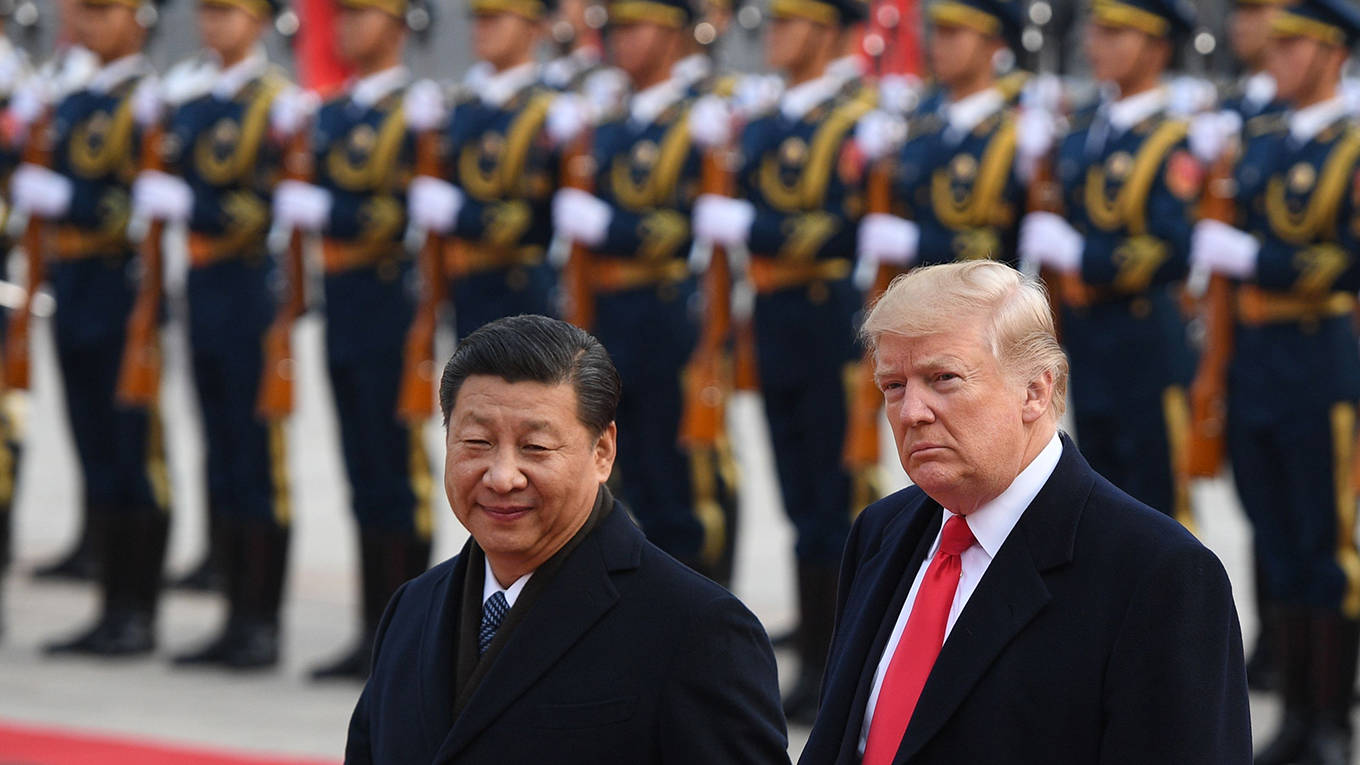by Sebastien Roblin
Dec 7 2019
The National Interest
China’s People’s Liberation Army Navy takes many of its cues from the U.S. Navy as it develops its carrier aviation branch. It is seeking similar flat-deck carriers to its U.S. counterpart, and has developed airborne early warning planes andelectronic attack jets comparable to American E-2D Hawkeyes and EA-18 Growlers.
But that tendency may have backfired for once. That’s because the U.S. Navy has been beset by major cost overruns and delays in deploying its new generation Gerald Ford-class supercarriers due to persistent flaws in their catapults, arresting gear, radars and weapons elevators. You can read more about these many problems in an earlier article.
Similar problems apparently are affecting China’s carrier program. On November 28, Minnie Chan of the South China Morning Post reported that Beijing was scrapping plans for a fifth and sixth nuclear-powered carrier, once it finished construction of two new steam-powered vessels.
The reason? “Technical challenges and high costs,” including issues particularly linked to development of the latter two vessel’s electromagnetic launch systems—the same system bedeviling the U.S. Navy.
China’s People’s Liberation Army Navy takes many of its cues from the U.S. Navy as it develops its carrier aviation branch. It is seeking similar flat-deck carriers to its U.S. counterpart, and has developed airborne early warning planes andelectronic attack jets comparable to American E-2D Hawkeyes and EA-18 Growlers.
But that tendency may have backfired for once. That’s because the U.S. Navy has been beset by major cost overruns and delays in deploying its new generation Gerald Ford-class supercarriers due to persistent flaws in their catapults, arresting gear, radars and weapons elevators. You can read more about these many problems in an earlier article.
Similar problems apparently are affecting China’s carrier program. On November 28, Minnie Chan of the South China Morning Post reported that Beijing was scrapping plans for a fifth and sixth nuclear-powered carrier, once it finished construction of two new steam-powered vessels.
The reason? “Technical challenges and high costs,” including issues particularly linked to development of the latter two vessel’s electromagnetic launch systems—the same system bedeviling the U.S. Navy.



